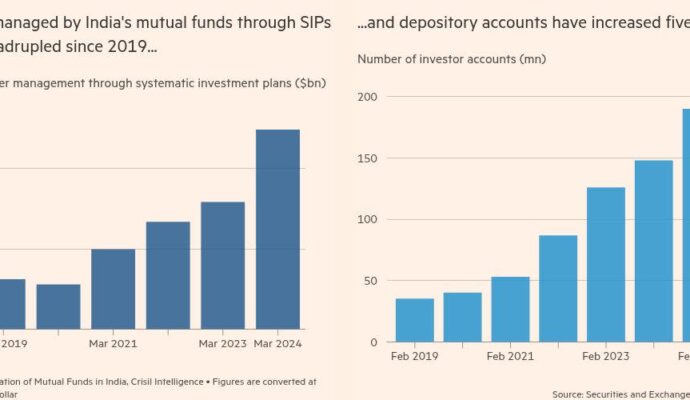
The fallout is unlikely to have a strong impact on the two companies’ bottom lines, said Chenyu Cui, an analyst at the research consultancy Omdia.
“NetEase’s online games business has generated more revenue from mobile games,” she said. Other games, such as Naraka Bladepoint, the Westward Journey series and Justice, are its most lucrative products. The company reported that the percentage of total income in 2021 from Blizzard games was in the “low single digits.”
The impact on Blizzard also appeared to be limited. Its biggest revenue generator, Diablo Immortal, an online role-playing game co-developed with NetEase, is excluded from the agreement. Licensing agreements made up 3 percent of Blizzard’s net revenue in 2021, according to its quarterly report.
But investors remained jittery. In Hong Kong, NetEase shares dropped 9 percent on Thursday.
The breakup with NetEase does not require Blizzard’s exit from China, analysts said. Before teaming up with NetEase in 2008, Blizzard worked with a distributor called The9. The American game developer could find another Chinese gaming publisher, such as Tencent, which could reissue Blizzard games in the country.
But new partnerships appear uncertain. Xi Jinping, China’s leader, has ensured that private companies in China hew closely to the Communist Party’s priorities, even at the cost of Western collaborations.
For a generation of gamers and Chinese e-sports players, the departure of such American staples as World of Warcraft and Overwatch will leave a deep cultural mark, said Daniel Ahmad, a senior analyst at Niko Partners.
“Especially among those born, for example, in the ’80s and ’90s, they grew up playing Blizzard PC games in China,” he said. “Even if they don’t play it anymore, they’ll still be aware that this was a big, big shift in the space.”

